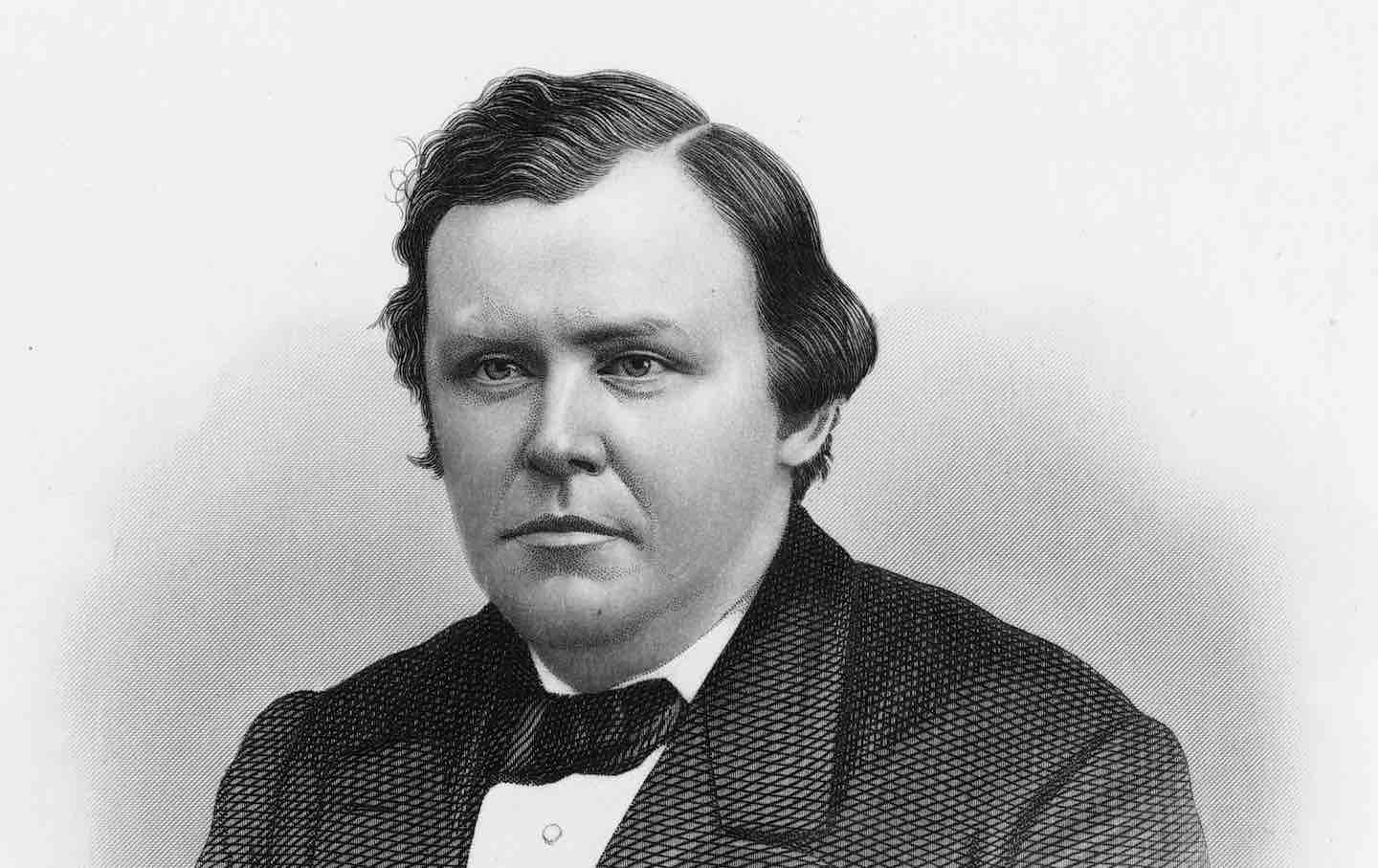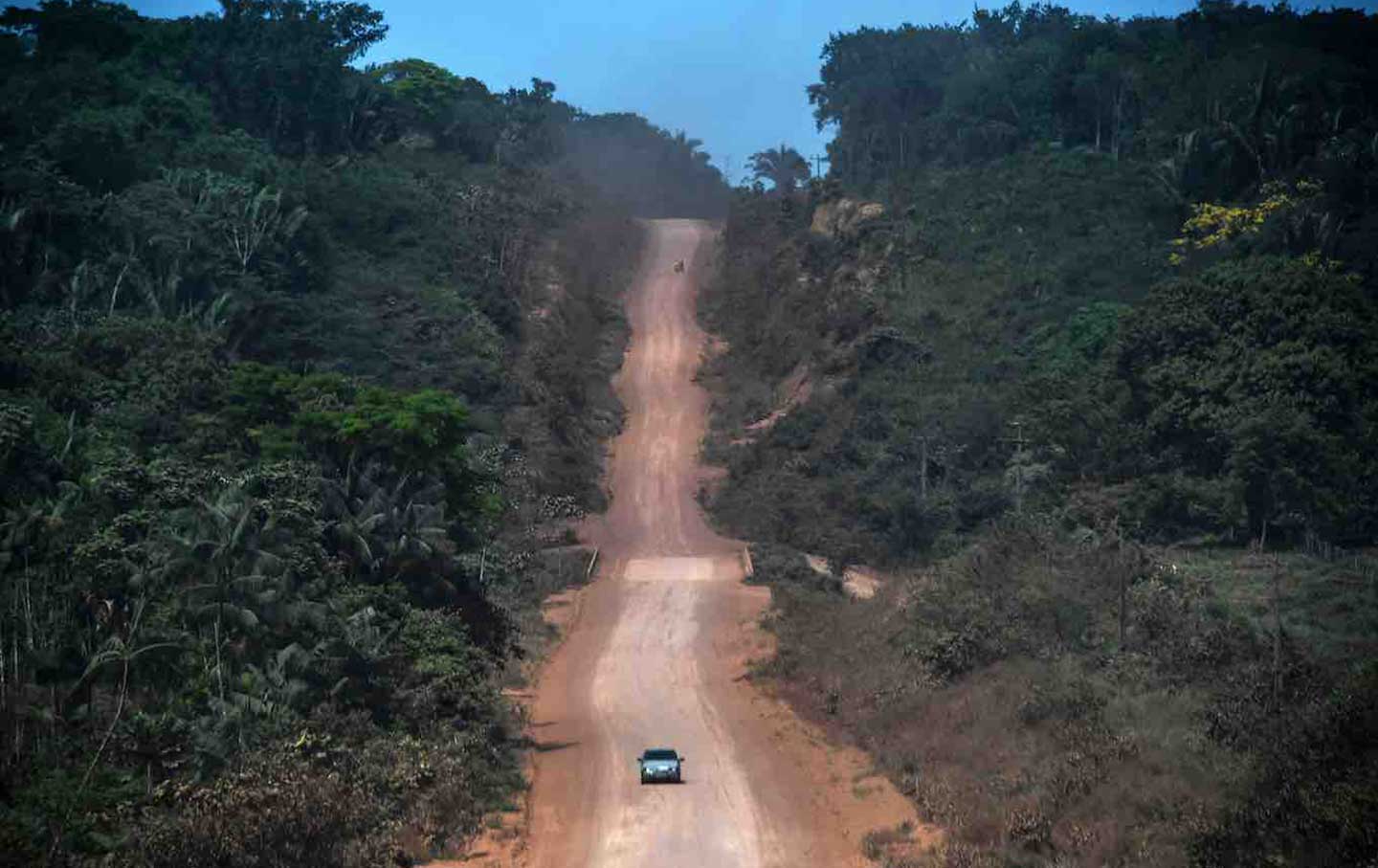The Caribou
Originally, the zoo was built to remind us
of our separation from nature.
There was no animal in the cage, just earth.
This reminds me
of Tony’s mom’s suburban lawn
in Madison, Wisconsin
overflowing with
native prairie grass
and signs from the city that read
“I am not insane.”
I keep the table in my closet
quiet and empty so it’s like
a cage of grass.
That’s where I write this poem now.
It’s Labor Day. Last night, The Caribou
was rammed with laughing people
none among us aware
of what a caribou really is—
how it lives, eats, feels, sleeps, talks, or dies.
I drank rainbow cans of beer
called Montucky Cold Snacks
with the astronomer
I share a blue house with.
He uses a radio
to map the Milky Way.
That’s the kind
of speechless life
a person craves—
where there is no cage
just ink and distance,
spots of light I won’t
ever understand and
beyond them the soft hair
around a black hole
remembering what it ate for lunch
20,000 years ago—sometimes,
me, too—my soft hair catches
the smell of what I cook or burn
and I walk around a record
for a while. But I’m on a leash –
presided over even when alone
by a voice in presidential moon boots
or the silk pants of a ringleader, controlled
by the fragrant ticket taker
who sleeps in the booth
in a chamber of my heart…








